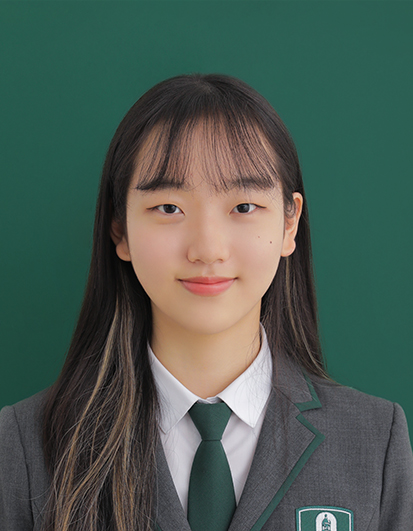![[Photo Credit to pixabay]](https://cdn.heraldinsight.co.kr/news/photo/202302/1938_2952_2625.jpg)
From Monday, January 30th, 2023 onwards, the South Korean government has declared a downgrade on indoor mask regulations from mandatory to recommended for most locations.
For the first time in about three years, the indoor mask rule has been lifted.
However, indoor masks are still required for places such as medical institutions and public transportation, which include hospitals, pharmacies, subways, buses, airplanes, nursing hospitals, trains, taxis, passenger boats, and welfare facilities for the disabled.
For public transportation, although a mask must be worn on the subway, train, or bus itself, it is not required in stations, platforms, airports, and terminals.
The Korea Disease Control and Prevention Agency (KDCA) also presented some conditions that strongly recommend mask wearing.
These are the following conditions: those with COVID-19 symptoms or contact with someone who has suspicious symptoms; categorized as part of a COVID-19 high risk group or in contact with such groups; had contact with confirmed case(s) in two weeks, situated in an indoor environment where it is difficult to ventilate, is concentrated, and involved in spray-producing activities.
For instance, masks are not required at schools but are highly encouraged to wear during graduation ceremonies, entrance ceremonies, or music classes.
COVID-19 high risk group includes people older than 60, people with lower immune function, and people with underlying diseases.
The agency highlighted the importance of mask wearing as well: “During the winter times where indoor concentration increases, continuous practices and habituation of quarantine guidelines including wearing masks are important above all. Even though the indoor mask mandate will be adjusted in the future, please keep wearing masks continuously as we recommended.”
There are two phases for the indoor mask rules, and South Korea is currently at phase one.
For phase two, the government will lift the regulations for some places that initially required mask wearing completely.
The citizens’ response to the adjustment was divided.
According to the survey conducted by Gallup Korea on indoor mask mandate, 65 percent of 1000 subjects responded as ‘wishing to keep an indoor mask mandate.’
The mask mandate for outdoor usage in South Korea had already been altered to ‘recommended’ since Monday, September 26th, 2022.
Moreover, the average daily confirmed cases in South Korea has been decreasing over the past few months.
The agency acknowledged that “the number of confirmed cases is decreasing three weeks in a row, and the drop is increasing.”
Monday, January 30 recorded the lowest number of daily confirmed cases in seven months.
On the same day, the International Health Regulations (IHR) Emergency Committee held the fourteenth meeting on the coronavirus.
WHO Director-General Tedros Adhanom Ghebreyesus acknowledged that the COVID-19 pandemic is at a transition point but still considered as a global health emergency.
In addition to South Korea, other Asian countries lifted their mask regulations as well such as Malaysia, Vietnam, Japan, and Singapore.

SoYoung Choi
Grade 11
St. Johnsbury Academy Jeju

